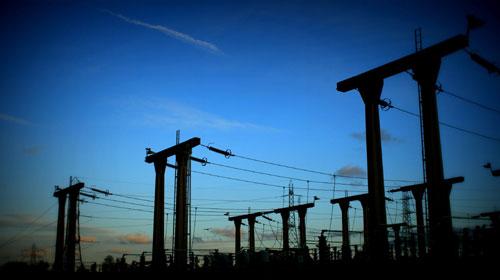Energy demand to grow 4.1pc annually in next nine years
Plugging energy deficits remains uphill task; serious structural reforms, massive investment in energy sector needed, says report
January 17, 2016

KARACHI: Energy demand in Pakistan will annually grow 4.1 percent over the next nine years and reach 111.4 million metric tons oil equivalent in 2024, said a local report.
“Plugging existing energy deficits and meeting incremental energy needs remain an uphill task, requiring serious structural reforms and massive investment in the energy sector,” said the Pakistan's Energy Outlook issued by the Pakistan Institute of Petroleum (PIP).
Resolving the energy crisis has become the biggest priority for the government and plans are in place for large scale capacity additions for power generation, augmenting gas supplies through imported liquefied natural gas and cross-border pipelines, energy price reforms and privatisation of state-owned power companies.
Nevertheless, given the large size of existing energy shortage, future demand growth and long lead times of energy projects, the energy shortages may not be eliminated in the short-term.
The institute, in its report, said Pakistan has a huge scope to bring energy efficiencies in power, natural gas and transport sectors.
It said an average thermal efficiency rate of 39 percent (on oil and gas) of companies supplying power to the grid and less than 35 percent (on gas) for captive power plants are lower than the thermal efficiency rate of 57 percent.
The report said transmission and distribution losses in the power sector are 2.5 times the global average of 8.8 percent. “About 270 million metric cubic feet/day of gas is lost in shape of unaccounted-for gas, while another 275mmcfd is consumed in nonproductive sector, such as compressed natural gas.” Based on demand forecasts and analysis of upcoming natural gas and power projects, the institute forecast the energy shortages to persist until 2020.
“However, delays in realisation of major energy projects could push back the timeline for achieving a balance between energy supply and demand,” it said.—Originally published in The News











